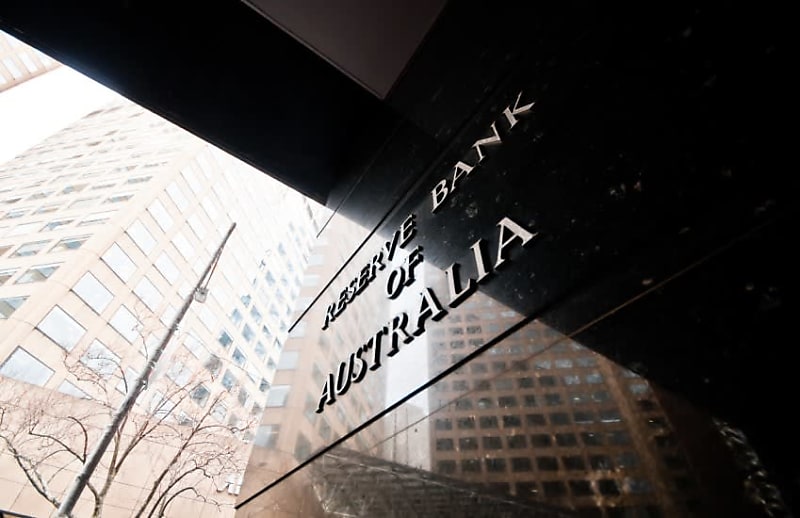The Reserve Bank of Australia (RBA) has decided to increase the cash rate target by 25 basis points to 4.10 per cent, a rise for the second month in a row since the pause in April.
CreditorWatch’s chief economist Anneke Thompson said the monthly CPI data released by the ABS in late May that showed a rise in the April figure by 6.8 per cent on an annual basis was one factor that pushed the RBA to its decision.
You’re out of free articles for this month
“Despite clear signs that the Australian economy is well and truly into its necessary slowdown, the RBA today increased the cash rate further, in an effort to combat services side inflation,” said Ms Thompson.
“There were one off reasons for the high inflation figure, such as the fuel excise tax being halved in April 2022, that contributed, however, overall, it would appear that inflation is not falling fast enough for the RBA to be comfortable with.”
Ms Thompson said the apparent slowdown in labour hiring would have the RBA hoping a rising unemployment rate would help improve productivity and avoid wage pressures.
“This will give the RBA some early indications that we should be able to avoid significant wages pressures going forward, despite last week’s increase to the minimum wage by 5.75 per cent by the Fair Work Commission,” she said.
“The RBA is also concerned about productivity growth, or the lack thereof over the last three years, and a higher unemployment rate will hopefully help improve productivity.”
CPA Australia’s senior manager of business and investment policy Gavan Ord said the increase in the cash rate would heap even more pressure on businesses.
“It is getting increasingly difficult to predict where interest rates are heading and to plan for the future,” said Mr Ord.
“Rising wages and higher costs are putting pressure on small businesses. We can’t expect them to absorb all of today’s increase. Businesses will have to pass costs to consumers.”
“It is a difficult time for the Reserve Bank board, which is walking a fine line to get economic settings right. We want governments to be cognisant of these economic pressures when making spending decisions. We need a holistic approach to managing government budgets and we’d encourage policymakers to be considerate of the RBA’s challenges.”
Josh Needs
AUTHOR
Josh Needs is a journalist at Accountants Daily and SMSF Adviser, which are the leading sources of news, strategy, and educational content for professionals in the accounting and SMSF sectors.
Josh studied journalism at the University of NSW and previously wrote news, feature articles and video reviews for Unsealed 4x4, a specialist offroad motoring website. Since joining the Momentum Media Team in 2022, Josh has written for Accountants Daily and SMSF Adviser.
You can email Josh on: This email address is being protected from spambots. You need JavaScript enabled to view it.

 Login
Login







